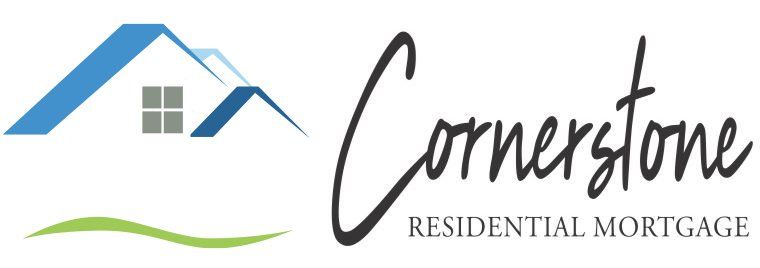Tips for Getting a Mortgage When You're Self-Employed
- By Admin
- •
- 17 Jul, 2019

Self-employed business owners can still qualify for home mortgages, but getting approved for a home loan sometimes is a little more involved when you work for yourself than when you're a traditional employee. If you're a self-employed business owner, here are some tips that will help when you're ready to apply for a mortgage.
Set Up an Official Business
If you haven't already, officially set up your business as a sole proprietorship or corporation. The structure of your business doesn't matter, but going through the official steps of forming it does make a difference. Forming a business gives lends credibility to your self-employment situation, and it's the first step in keeping your business and household finances separate.
Open Business-Specific Bank Accounts
Keeping separate business and household finances is extremely important because lenders need to be able to determine exactly how much income your business efforts generate. This is difficult to do when business income and expenses are intermixed with personal birthday gifts and grocery bills.
As soon as you officially form your business, open business-specific bank accounts. You may want a business checking account, business savings account, and business credit card. Whatever accounts you open, make sure they're used only for business-related finances and all business finances are processed through these accounts.
When your business generates income that you want to withdraw from your business, simply withdraw the money from the appropriate business account to your personal checking or savings account. As long as these are the only transactions between the business and personal accounts, this creates an easy way to look at what you have made from the business.
Strategically Plan Business-Related Tax Deductions
Many self-employed business owners take advantage of business-related tax deductions that reduce their self-employment and income tax bills. These deductions can save you a lot of money depending on how much income your business generates and how large the deductions are.
Each deduction you take as a business expense, however, reduces how much you make from your business and can impact how much large a mortgage you can get.
You probably don't want to forgo deductions in order to qualify for a bigger mortgage, because doing so will result in paying more when you file taxes. Sometimes you can strategically plan deductions so that your income is maximized in certain years and you still eventually take advantage of the deductions in other years, though.
If you normally declare substantial business-related tax deductions, talk with a certified public accountant about your situation. Ask them if there's a way to strategically plan your expenses and deductions so that your income is higher before you apply for a mortgage but you can still take the deductions after you secure the loan you want.
Increase Your Credit Score
Everyone who applies for a home mortgage needs a decent credit score, and higher scores typically equate to lower interest rates.
When you're self-employed your credit score can become especially important in the mortgage-approval process. If lenders have limited other data to look at, they may give more weight to your credit score because that's a number they know they can rely on. It's unaffected by a person's employment status.
In general, you can improve your credit score by:
- Paying bills on time
- Avoiding new loans
- Using little of your available credit
- Removing errors on your credit report
Depending on your financial situation, these steps may have a significant impact on your score in a relatively short amount of time.
If you're self-employed but looking to buy a house, talk with a professional at Cornerstone Residential Mortgage about their available mortgage options.



